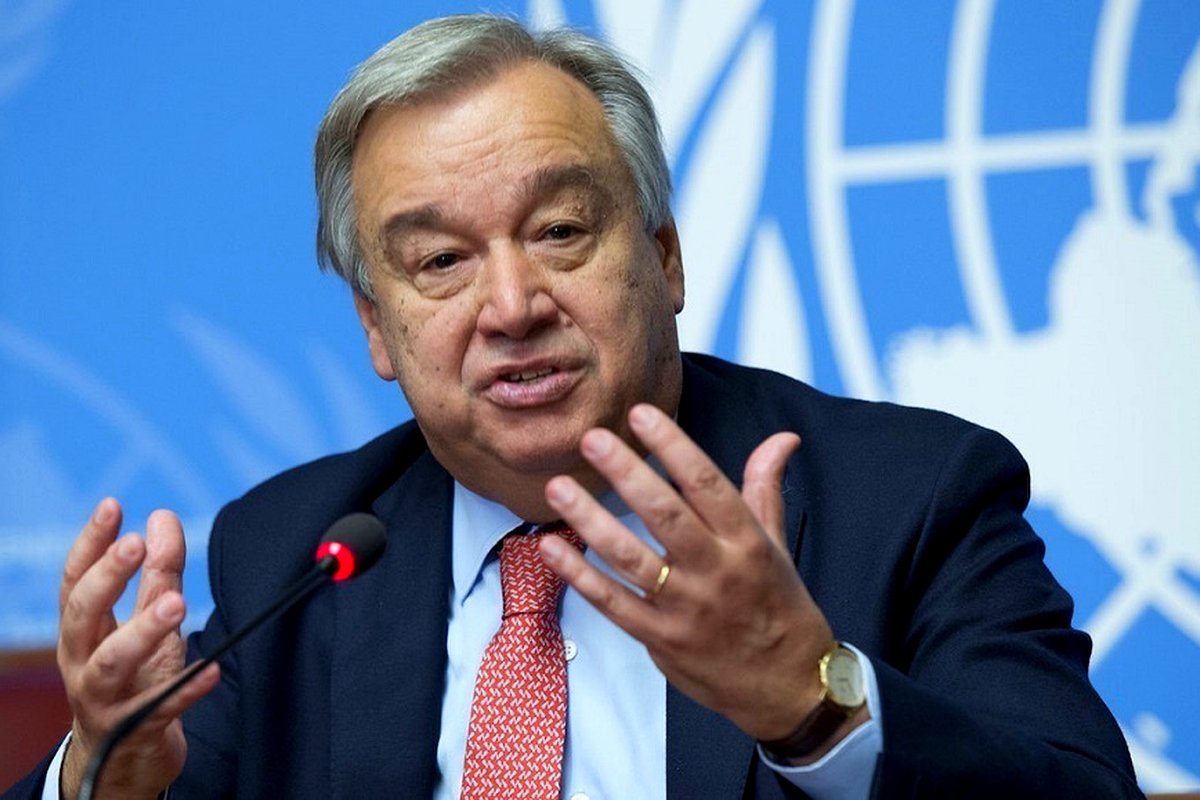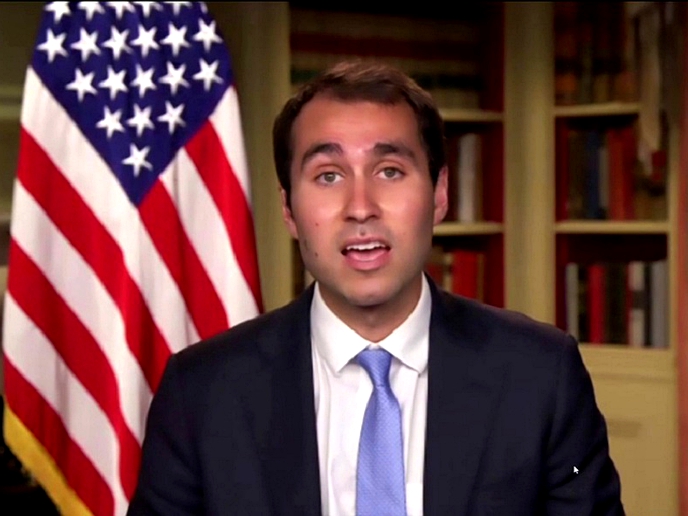ANTONIO Guterres, the United Nations (UN) Secretary General says COVID-19 has shown how quickly an infectious disease can sweep across the world, push health systems to the brink and upend daily life for all of humanity.
health
Dec. 28, 2021
OWN CORRESPONDENT
2 min read
Covid shows how infectious diseases can push health systems to brink – UN

UN Secretary General, Antonio Guterres
Story highlights
He made these remarks in his key note address in commemoration of the International Day of Epidemic Preparedness on Monday.
Mr Guterres said COVID-19 also revealed the world’s failure to learn the lessons of recent health emergencies like SARS, Avian Influenza, Zika, Ebola and others.
The Coronavirus, he said reminded all that the world remains woefully unprepared to stop localised outbreaks from spilling across borders and spiraling into a global pandemic, adding that COVID-19 will not be the last pandemic humanity will face.
He said infectious diseases remain a clear and present danger to every country, adding that as the world responds to this health crisis, it also needs to prepare for the next one.
“This means scaling-up investments in better monitoring, early detection and rapid response plans in every country, especially the most vulnerable ones. It means strengthening primary health care at the local level to prevent collapse and ensuring equitable access to lifesaving interventions like vaccines for all people, as well as achieving universal health coverage,” he noted.
Most of all, he said it means building global solidarity to give every country a fighting chance to stop infectious diseases in their tracks.
The UN Secretary General further showed that an outbreak anywhere is a potential pandemic everywhere, adding that on this International Day of Epidemic Preparedness, all should give this issue the focus, attention and investment it deserves.
UN Member States commit to ensuring inclusive, equal and non-discriminatory participation, with special attention to those, who are vulnerable or in vulnerable situations with the highest chance of epidemic infection.
Enjoy our daily newsletter from today
Access exclusive newsletters, along with previews of new media releases.
The UN General Assembly invites all Member States, organisations of the UN system and other global, regional and sub-regional organisations, the private sector and civil society, including non-governmental organisations, academic institutions, individuals and other relevant stakeholders to observe the International Day of Epidemic Preparedness annually in an appropriate manner and in accordance with national contexts and priorities, through education and awareness-raising activities, in order to highlight the importance of the prevention of, preparedness for and partnership against epidemics. LeNA






